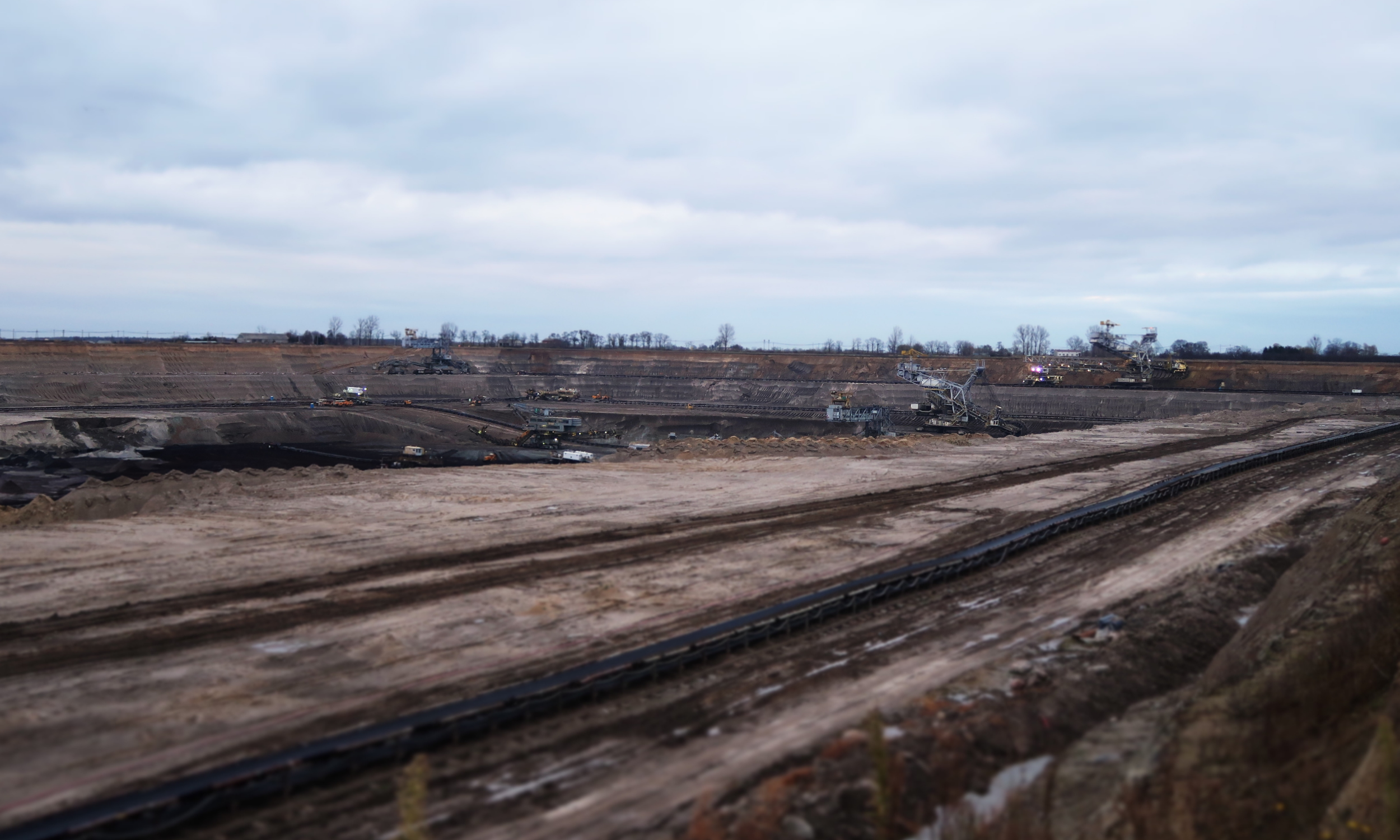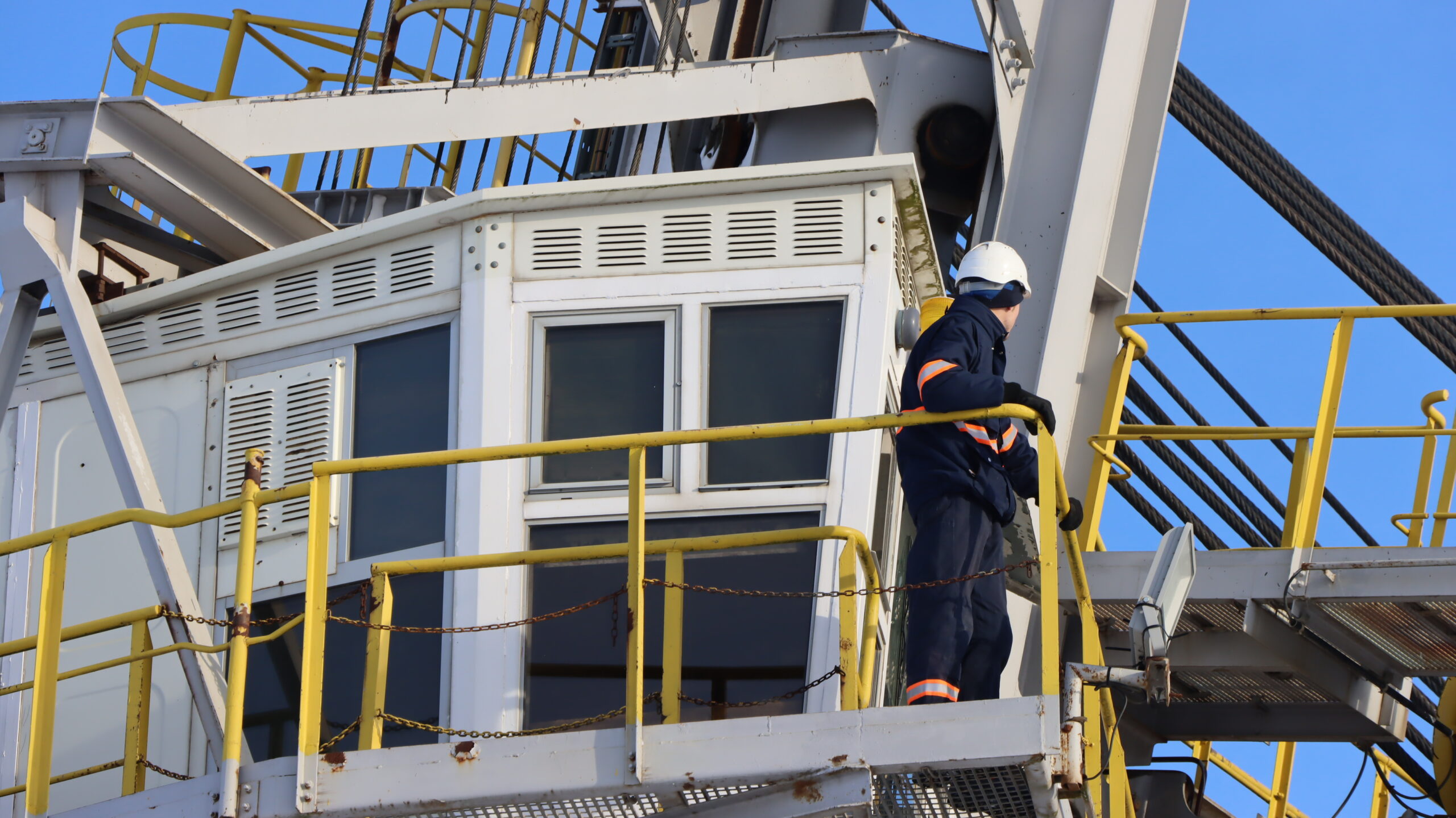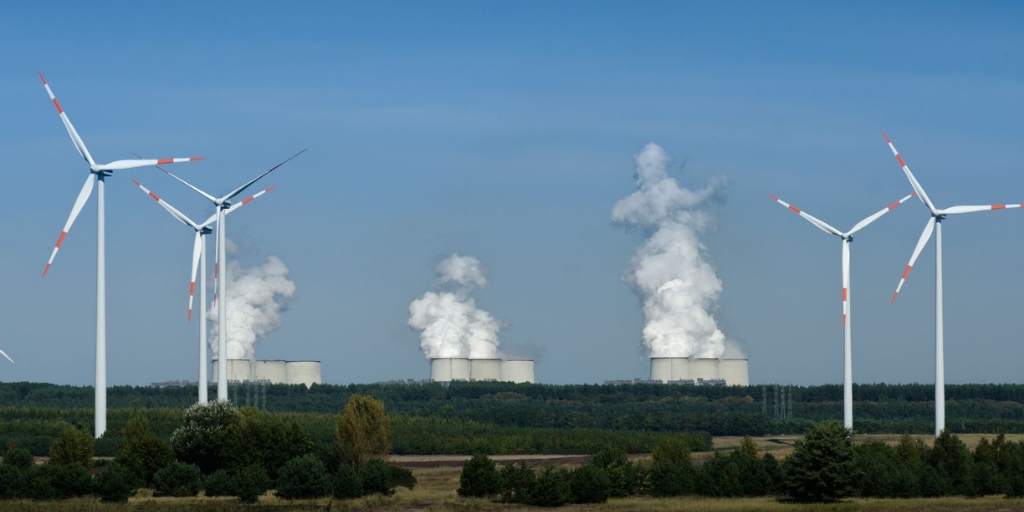Europe has ambitions to become a global leader in the fight against climate breakdown. Transforming the continent’s energy systems and shifting towards climate-friendly alternatives requires massive investments, especially in central and eastern Europe, where outdated infrastructure and a reliance on fossil fuels persists.
The good news is that the EU has the financial means to fund this transformation. The challenge is ensuring that the investments of today are geared towards addressing the climate crisis and Europe’s declining state of nature.
We know that when people have a voice in investment decisions, the results speak for themselves: more acceptance and ownership of spending and a greater chance that harmful and wasteful projects are avoided.
We work to ensure that EU financial flows address the climate crisis and do no harm to people and nature. We do this by involving the public in the design and spending of EU investments.
IN FOCUS
Just transition
Countries across central and eastern Europe are committing to quit coal and shale oil. Now the task is to ensure that the just transition is driven from the bottom up and leaves no one behind as we move towards a sustainable energy future.

Building back biodiversity
Threats facing biodiversity are increasing alongside the drivers of the climate crisis. But investments in climate protection should not come at the expense of those that can help biodiversity. The two crises of climate and biodiversity are interconnected and both must be tackled together, because only by investing in nature can we tackle climate change.

RegENERate: Mobilising Regions for Energetic Re-development and Transformative NECPs
The overall objective of the project is to support the CEE countries’ contribution to the EU efforts towards a net-zero emissions future. The project will contribute to more ambitious and effective climate and energy policies in CEE, backed by a long-term commitment to phase out fossil fuels, improve energy efficiency and promote renewable energy.

RePower the Regions: Ambitious and inclusive clean energy plans for repowering the just transition regions
The participation and leadership of carbon-intensive regions in transitioning to clean energy solutions are prerequisites for achieving EU climate neutrality by 2050. Building on this premise, RePower the Regions aims to ensure that the regions’ clean energy plans are aligned with EU 2030 climate goals and have strong support locally, and to provide practical guidelines and roadmaps on how to repower the regions.

Latest news
Destroying while rebuilding: Flawed hydro project set for Polish just transition region needs a rethink
Blog entry | 7 May, 2024Eastern Wielkopolska, one of Poland’s just transition regions, urgently needs to repair the damage caused by decades of lignite mining. One controversial hydrological project slated for the region aims to flood open pits and stabilise water levels. But while these measures appear to be positive steps towards making amends, the environmental impacts of the project have not been assessed, which is likely to result in a number of unintended and damaging consequences.
Read moreLatvia considers a risky nuclear energy development path
Blog entry | 24 April, 2024Latvia already has a relatively high level of renewable energy production and, with many new wind and solar energy projects on the way, the country is not far from providing all the energy needed for its local consumption in annual terms. The greatest challenge remains ensuring a stable, balanced energy system. However, instead of planning for a 100 per cent renewables-based energy mix, the government has sparked a controversy by considering nuclear energy, a costly solution that would delay the transition.
Read moreBern Convention: Skavica dam in Albania contradicts the Balkan Lynx Recovery Programme
Blog entry | 24 April, 2024The Bureau of the Convention recently accepted a new complaint and urged the Albanian authorities to not develop projects which may negatively affect habitats and species.
Read moreRelated publications
Problematic measures to be addressed during the ongoing assessment of Recovery and Resilience Plans
Briefing | 9 June, 2021 | Download PDFThis briefing provides a compilation of assessments of recovery plans submitted to the Recovery and Resilience Facility. The document was prepared in cooperation with Climate Action Network (CAN) Europe, EuroNatur and the European Environmental Bureau
The role of gas in the recovery and resilience plans
Briefing | 31 May, 2021 | Download PDFThis briefing analyses plans for gas investments in the recovery plans of eight central and eastern European countries (Bulgaria, the Czech Republic, Estonia, Hungary, Latvia, Poland, Romania and Slovakia). It reveals that most contain gas investments,
Building back biodiversity: How EU Member States fail to spend the recovery fund for nature
study | 20 May, 2021 | Download PDFThis report brings together assessments of the national recovery and resilience plans of ten central and eastern European (CEE) countries (Bulgaria, Croatia, the Czech Republic, Estonia, Hungary Latvia, Poland, Romania, Slovakia and Slovenia). It outli

